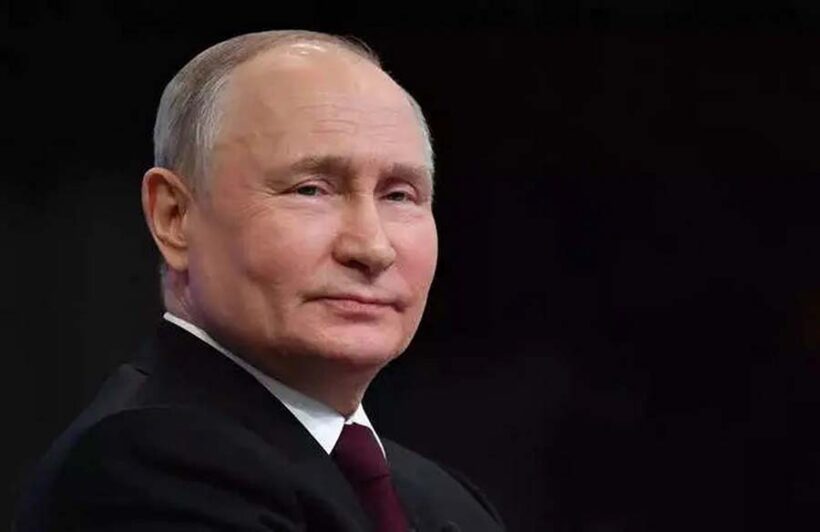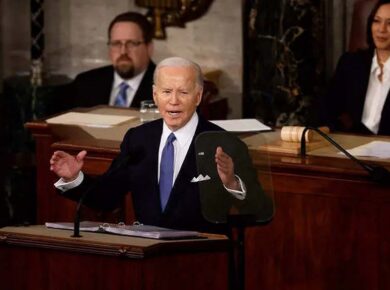Russia’s ability to weather Western sanctions amid the prolonged conflict in Ukraine has underscored the limitations of isolating a large and globally integrated economy, according to insights from economists.
Lessons Learned from Russia’s Resilience
Elina Ribakova, a prominent economist, highlighted the valuable lessons drawn from Russia’s economic resilience against sanctions. Despite facing extensive sanctions, Russia managed to achieve a GDP growth of 3.6% in 2023, indicating the challenges of isolating a deeply interconnected economy.
Preparation and Adaptation Strategies
Russian President Vladimir Putin’s proactive measures since 2014, coupled with strategic collaborations with Beijing, have bolstered Russia’s resilience. Alternative payment systems and continued engagement in global markets, despite sanctions, have enabled Russia to mitigate the impact of restrictions.
Stability Amid Wartime Spending
Ribakova cautioned about interpreting official statistics from Russia but noted signs of economic stabilization driven by wartime spending. The sustained purchase of Russian energy products by Western entities further contributes to Russia’s economic stability amidst sanctions.
Implications for Future Sanctions
The West can draw important insights from its experience in sanctioning Russia, particularly in anticipation of potential conflicts involving other major economies like China. Ribakova emphasized the need for more sophisticated sanction mechanisms and stricter penalties to deter evasion attempts.
Secondary Sanctions and Global Impact
The effectiveness of secondary sanctions, particularly in influencing Chinese banks’ compliance with restrictions on Russian transactions, demonstrates the far-reaching impact of Western measures. These developments highlight the interconnectedness of global financial systems and the challenges of enforcing unilateral sanctions.
Addressing Evolving Challenges
As Russia and China navigate evolving sanctions regimes, addressing issues such as evasion attempts and compliance loopholes remains crucial. Collaborative efforts between nations to strengthen regulatory frameworks and enforcement mechanisms are essential in countering sanctions evasion effectively.
Conclusion
Russia’s resilience to Western sanctions serves as a significant case study in the complex dynamics of economic warfare. The experience underscores the importance of strategic preparedness, international partnerships, and continuous adaptation in mitigating the impact of sanctions on large, integrated economies. As geopolitical tensions persist, policymakers must remain vigilant and proactive in refining sanction strategies to address evolving challenges effectively.










